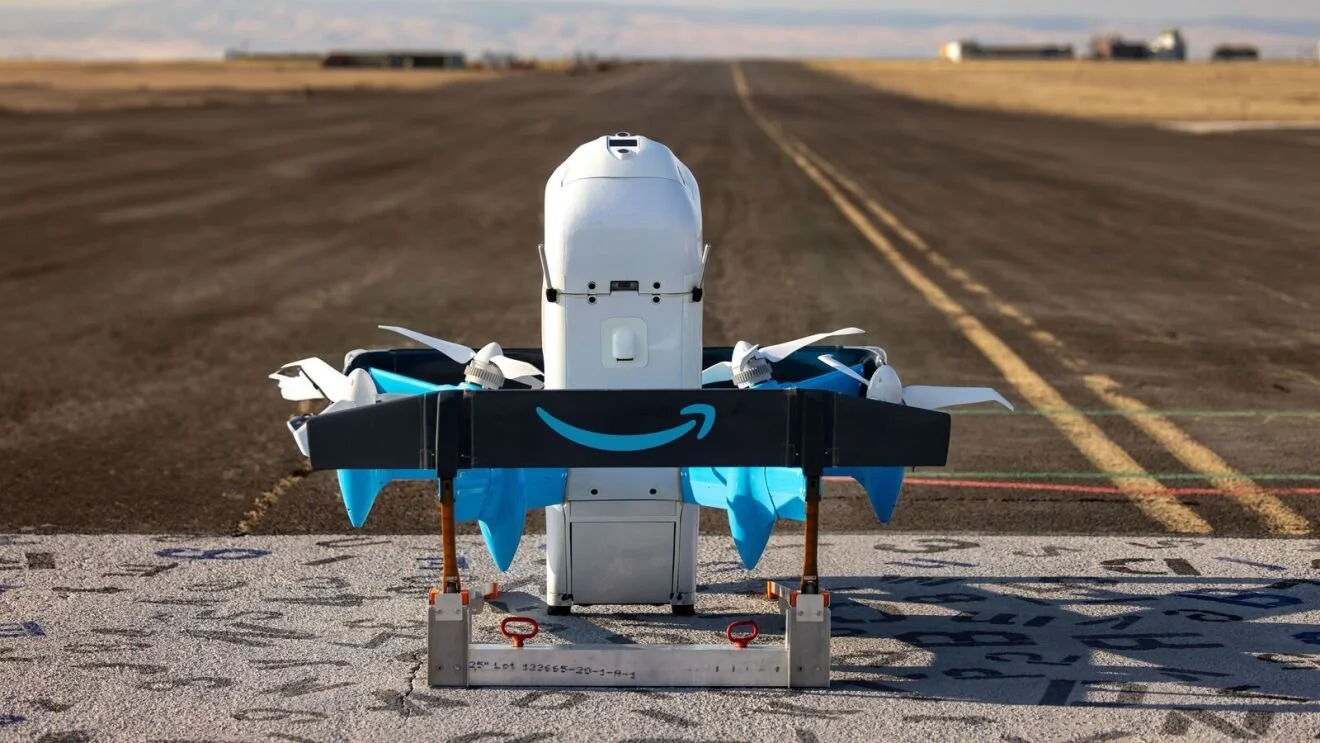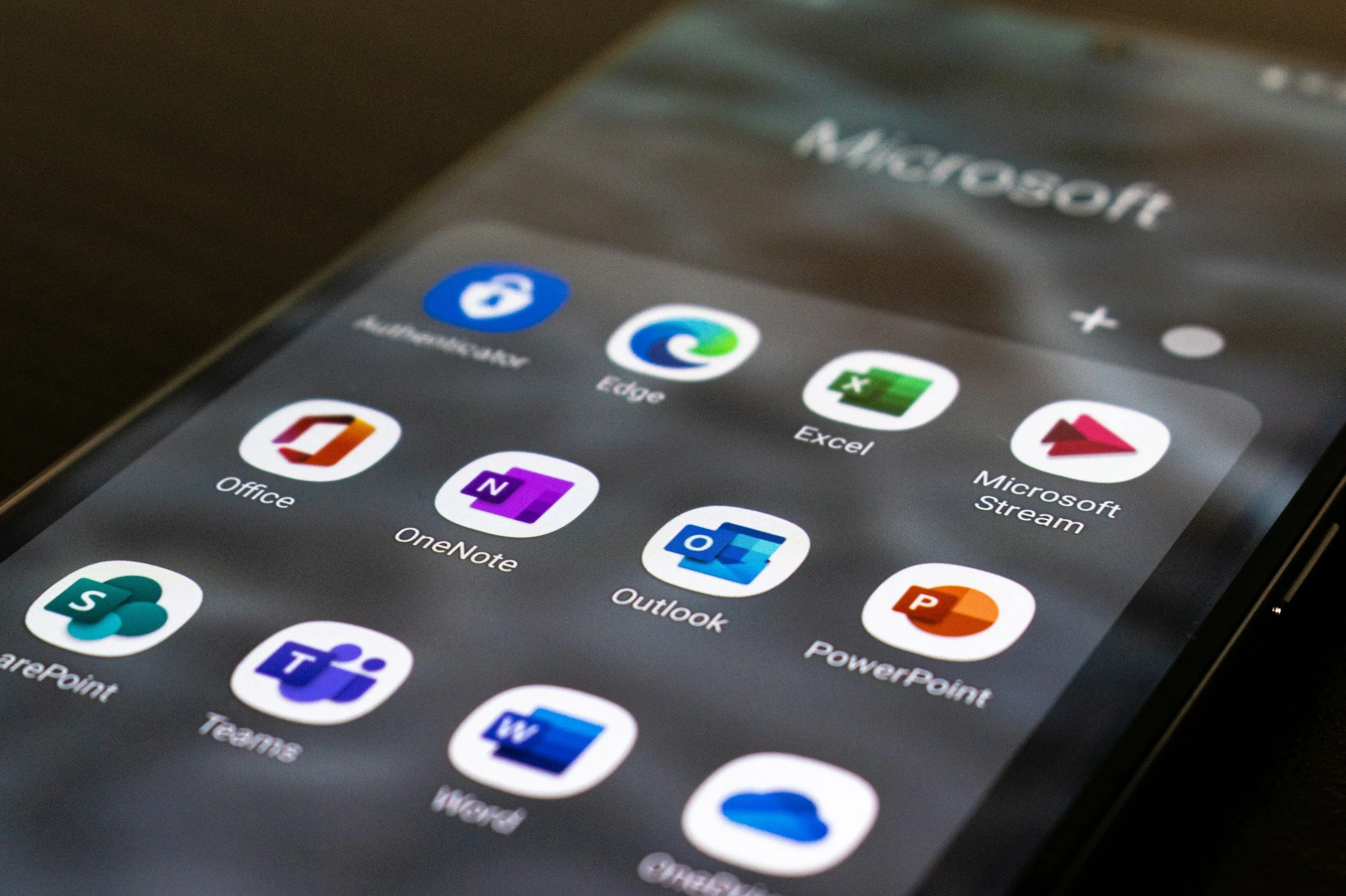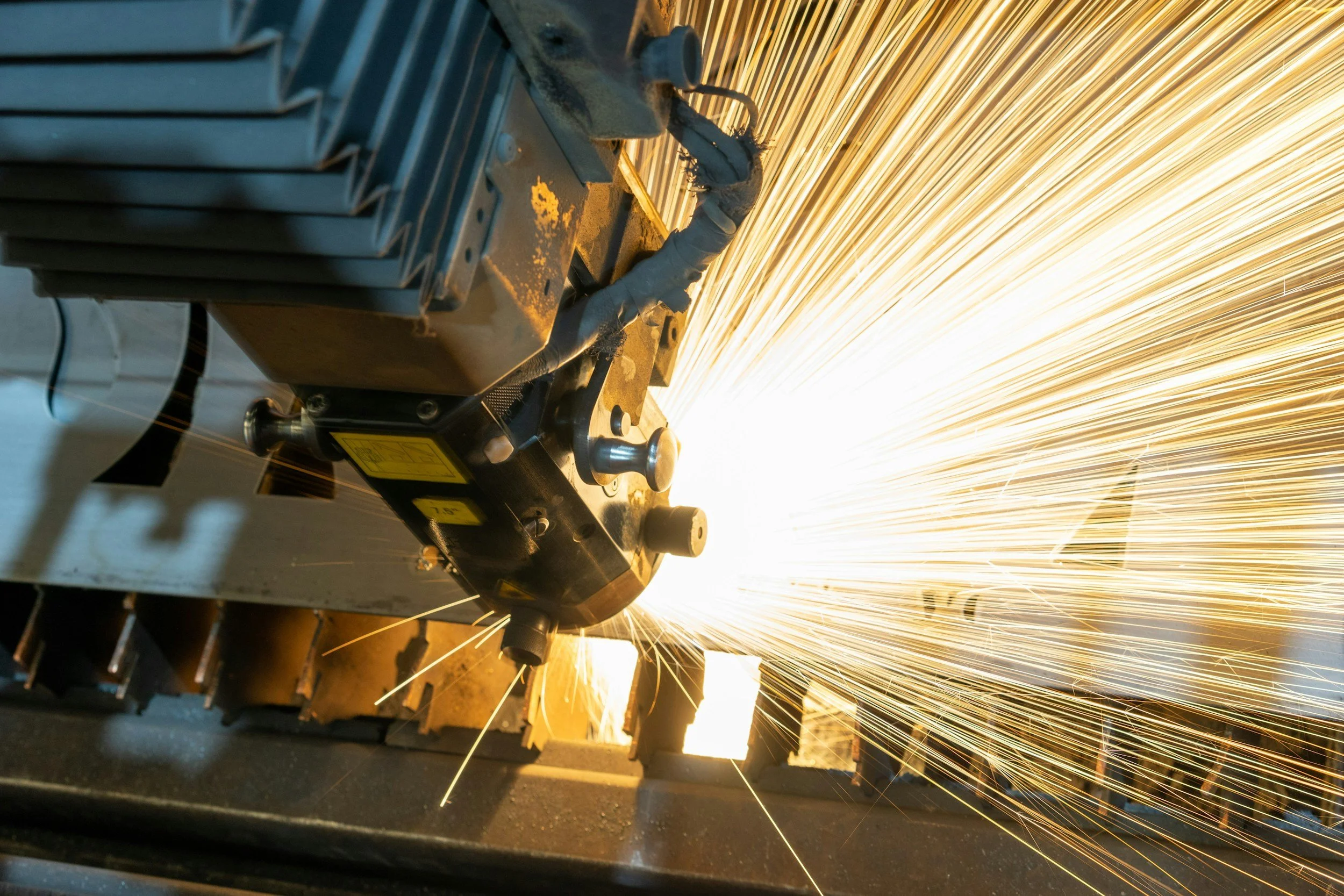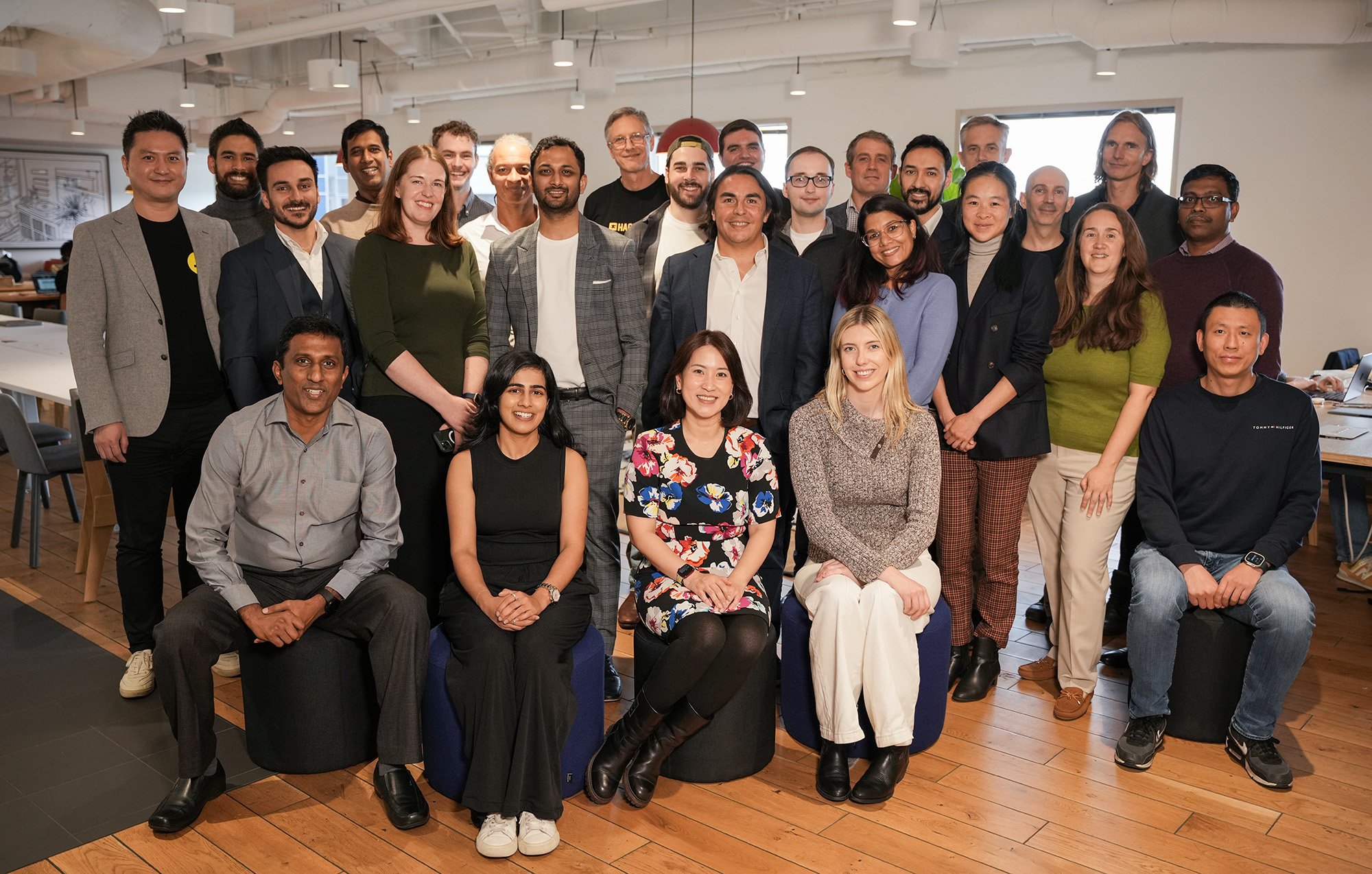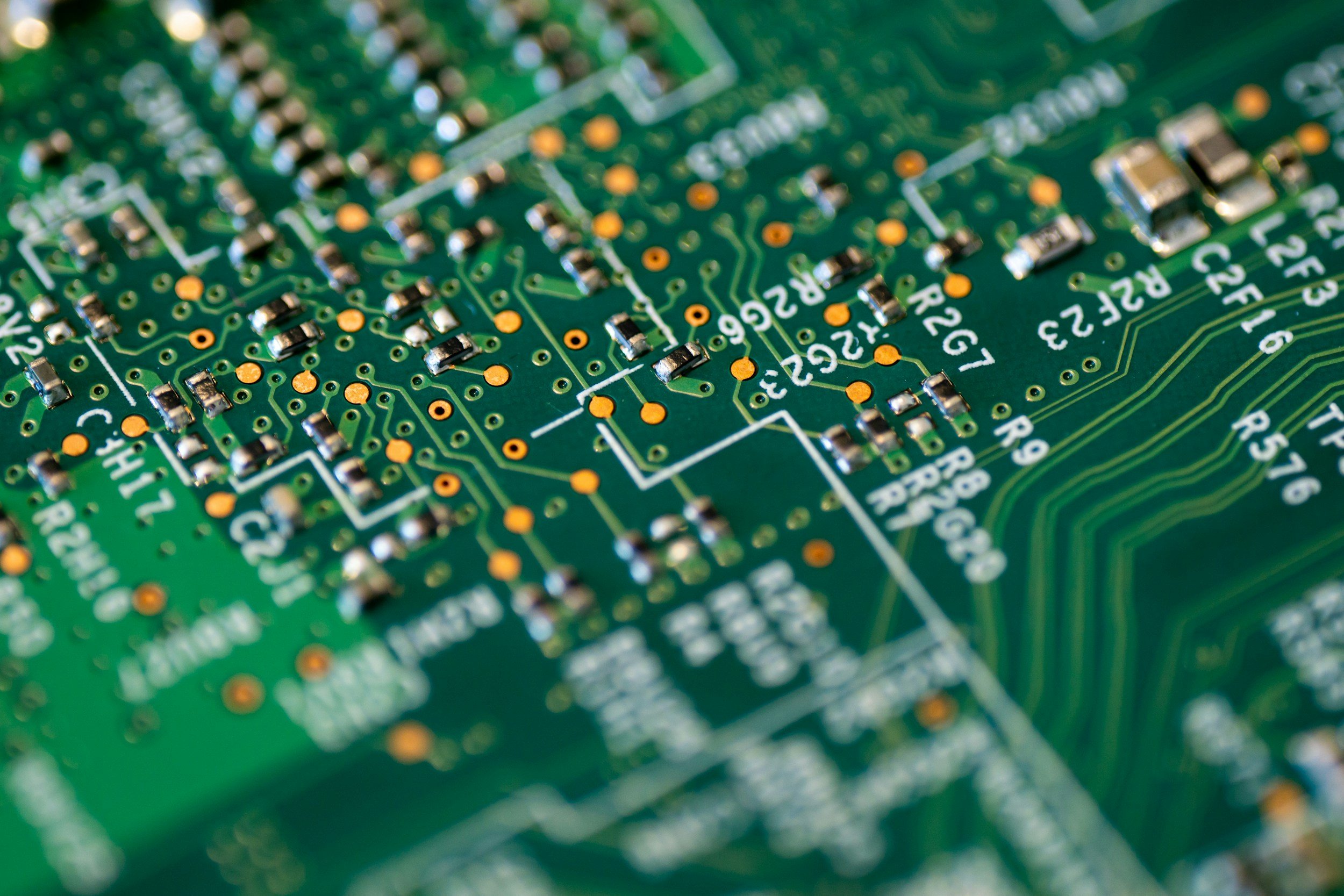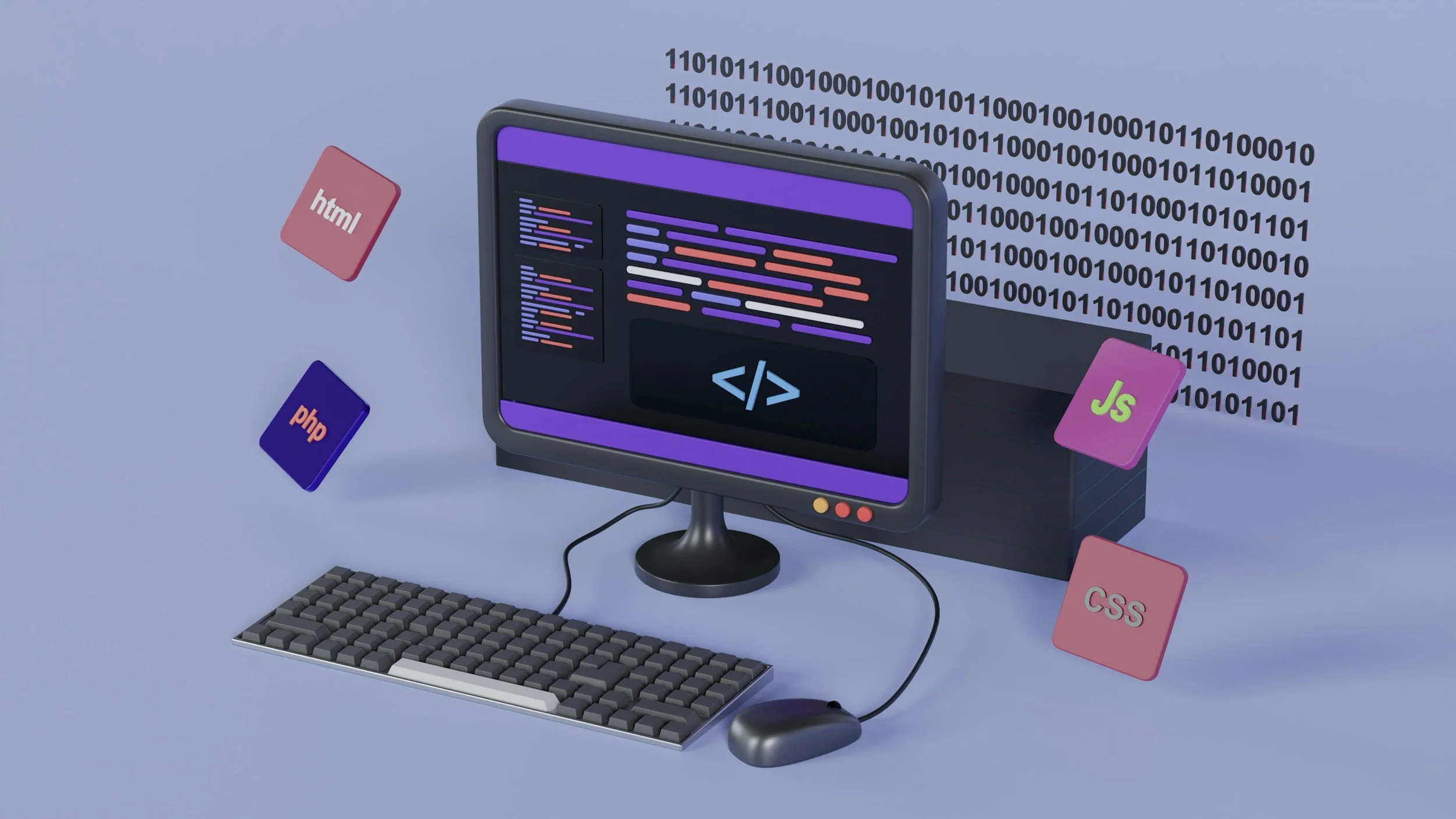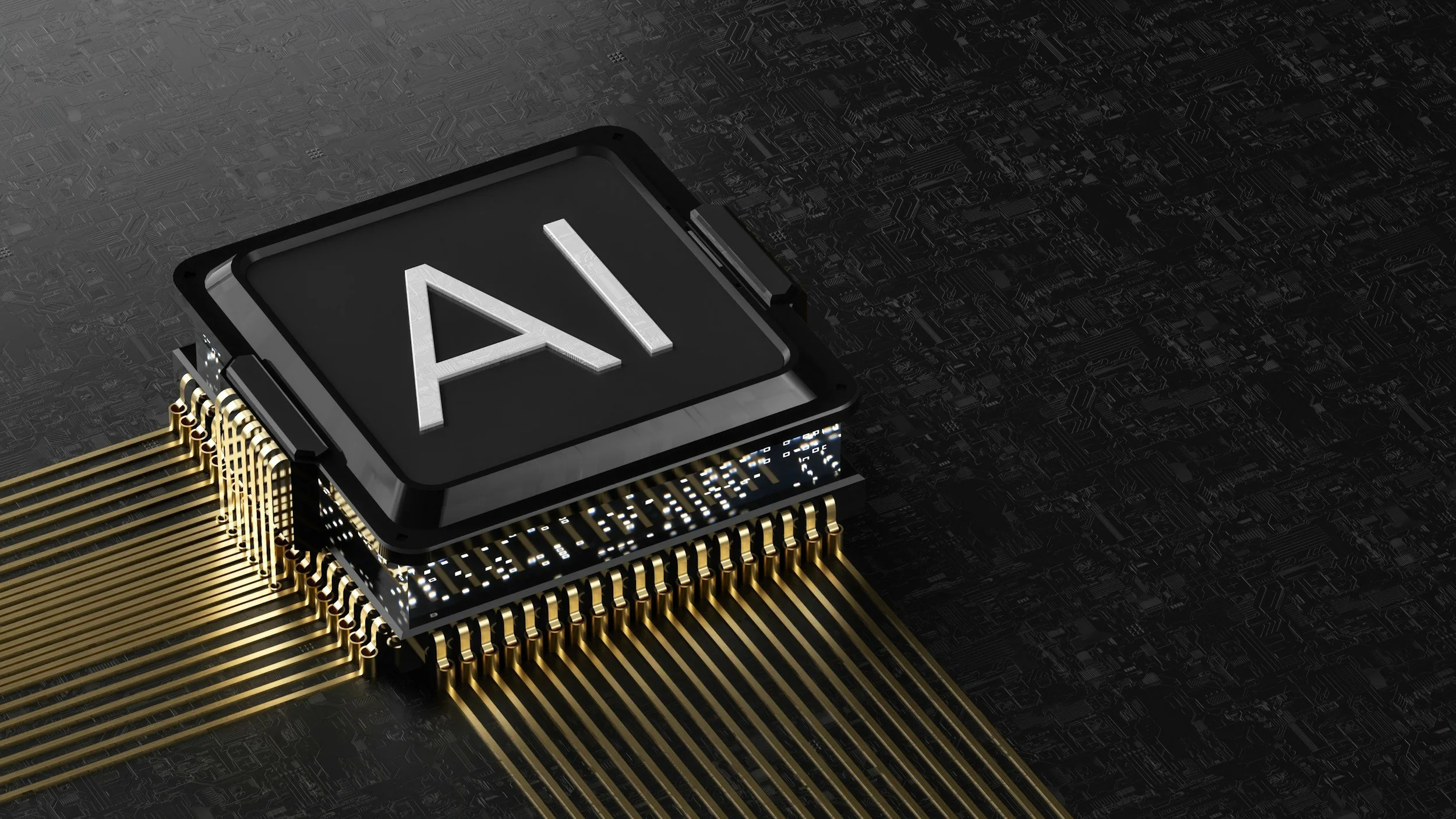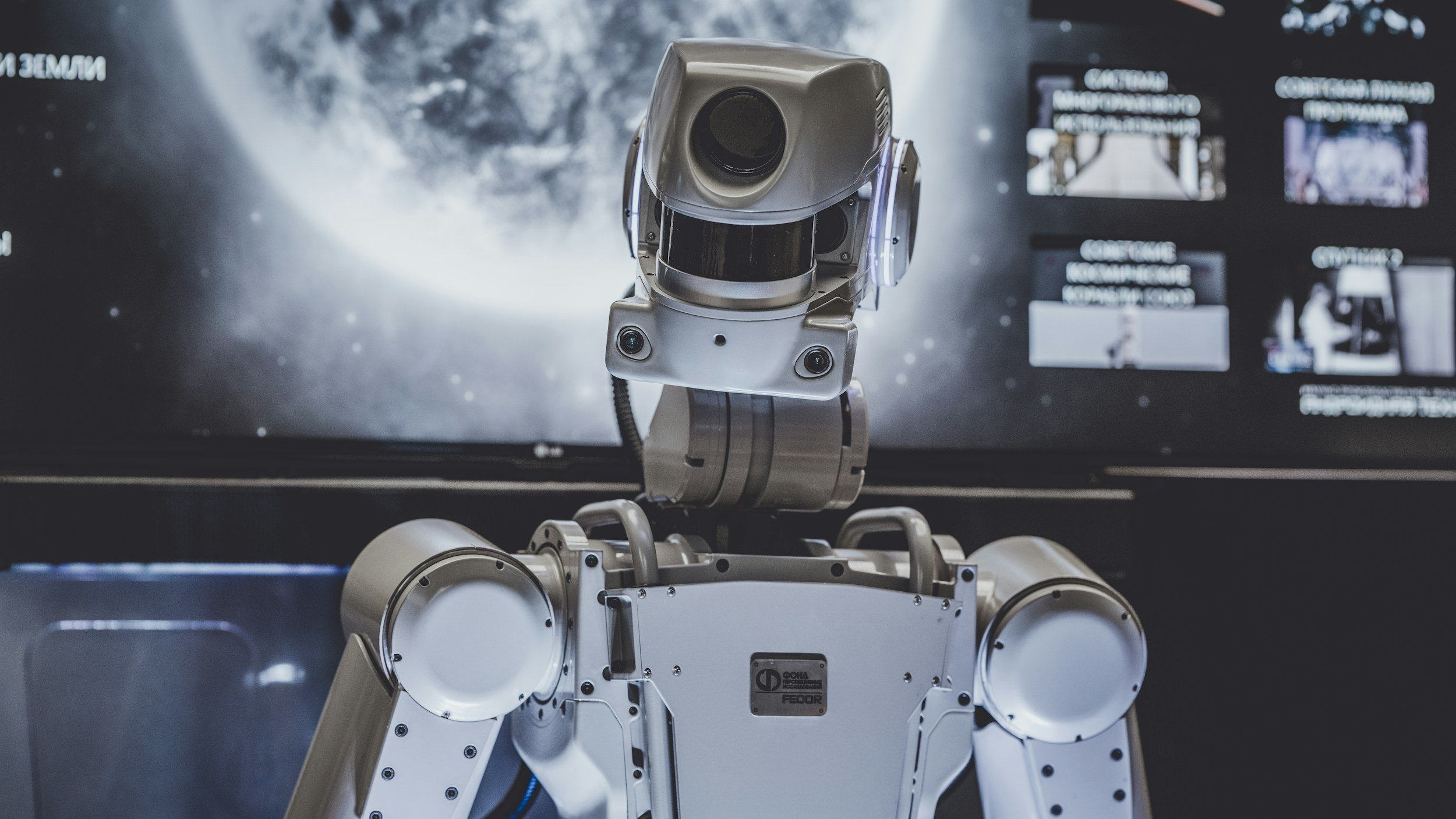Biren Technology Raises $207M for AI Chips Ahead of HK IPO

Image Credit: Igor Omilaev | Splash
Chinese artificial intelligence chip startup Biren Technology has raised approximately 1.5 billion yuan (US$207 million) in new capital, primarily from state-linked investors, as it prepares for an initial public offering in Hong Kong amid Beijing's push for domestic alternatives to restricted U.S. technology.
The development underscores China's efforts to strengthen its AI hardware capabilities in the face of U.S. export controls that have curtailed access to advanced processors used in AI model training and deployment.
Funding Details
The funding round, completed in late June, was led by investors including a Guangdong provincial fund and a Shanghai municipal government-supported entity. Biren, which had a pre-funding valuation of about 14 billion yuan, has installed its chips in data centers managed by partners such as China Mobile, China Telecom, ZTE and the Shanghai AI Laboratory.
The proceeds are set to fund operations and expansion, with the company recording 400 million yuan in sales for 2024 while posting losses.
IPO Plans
Biren intends to file for a Hong Kong listing in the third quarter, possibly as early as August. This follows a 2023 application for a mainland Shanghai STAR board listing, which was withdrawn amid stricter domestic regulations for loss-making tech firms and a preference among similar companies for overseas venues.
Hong Kong has become a favoured destination for Chinese AI and semiconductor firms seeking capital amid international scrutiny.
Company Background
Founded in Shanghai in 2019 by Zhang Wen, former president of AI software company SenseTime, and Jiao Guofang, a veteran from Qualcomm and Huawei, Biren focuses on graphics processing units for AI tasks in data centers. Co-founder Xu Lingjie departed in 2023 during a period of internal adjustments.
AI Product Focus
Biren's lead product, the BR100 GPU launched in 2022, contains 77 billion transistors on a 7-nanometer process, with 64 gigabytes of high-bandwidth memory. It offers up to 384 teraflops in single-precision floating-point operations and 1,024 teraflops in brain floating-point 16 format, targeting AI workloads.
Performance benchmarks position the BR100 near Nvidia's A100 in some metrics but below the H100, which features 80 billion transistors and higher efficiency in AI training.
Challenges and Geopolitical Context
Added to the U.S. Entity List in 2023, Biren faces barriers to accessing manufacturers like Taiwan Semiconductor Manufacturing Co., relying instead on local suppliers. Recent U.S. restrictions, including bans on Nvidia's H100 and H200 exports to China, have accelerated domestic shifts but contributed to executive changes and operational hurdles.
The firm competes with Huawei and startups like Enflame in a sector dominated by foreign suppliers.
Global Comparison in AI Chip Development
In the broader landscape, Nvidia's H100, part of the Hopper architecture, remains a benchmark for AI acceleration, delivering up to 990 teraflops in FP32 and supporting large-scale model training. Nvidia's latest Blackwell series, including the B200 with 208 billion transistors, provides up to 20 petaflops in low-precision formats, enabling 30 times faster inference than the H100 in certain setups.
These advancements highlight a performance gap, with U.S. chips leading in raw compute and ecosystem integration, while Chinese efforts like Biren's aim to close it through state support.
Opportunities and Risks
Third-party assessments indicate the funding enhances China's AI infrastructure, aligning with goals for over 80% self-sufficiency in AI chips by 2027. This could expand domestic market share from current levels, driven by growing demand for AI computing.
However, export controls may increase production costs and delay parity with global leaders, exacerbating losses and leadership flux. Escalating U.S.-China tensions risk further industry fragmentation, limiting cross-border progress in AI hardware.
We are a leading AI-focused digital news platform, combining AI-generated reporting with human editorial oversight. By aggregating and synthesizing the latest developments in AI — spanning innovation, technology, ethics, policy and business — we deliver timely, accurate and thought-provoking content.











